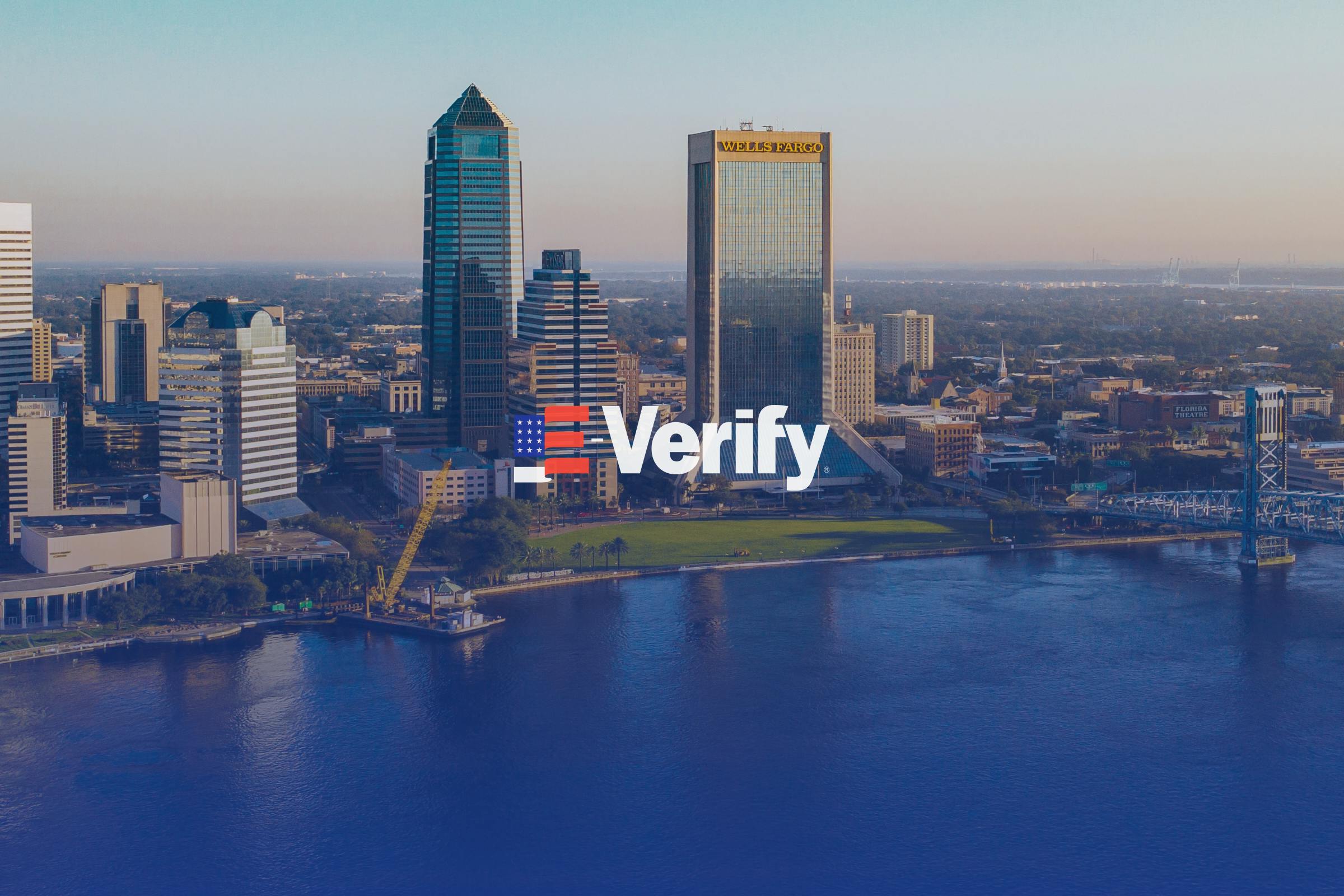If you are pursuing a non-immigrant employment visa, or student visa, to come to the United States, you should have a good understanding of what ‘strong ties’ to your home country means. This is because of the difference between non-immigrant and immigrant intent. The former category means that you plan on returning back to your home country after your visa expires in the U.S (for at least a short period of time before you plan on returning to the U.S.).
Any failure to demonstrate that you have reasonable ties to your home country will not look good for immigration officers who are trying to determine if you are trying to game the system and are really just looking for a quicker way to receive a green card through an illegitimate means.
Therefore, this post will be dedicated to better understanding what some of these ties are, and how to show them in your various USCIS applications. Even if you do have strong ties to your country and are granted a non-immigrant visa, you might eventually be able to become a legal resident if you marry a U.S. citizen or green card holder, or by changing jobs and employment visas.
Supporting Evidence
Non-immigrant visas are granted for those who wish to work in the U.S. on a temporary basis, such as for business reasons, medical treatment, and other types of temporary work (agricultural work is also common). As such, consular officers will know that the type of visa being granted is temporary in nature—usually 2-3 years unless it’s a student visa which is valid for a five year period (mainly for PhD students). During such a consular interview, the applicant needs to present some verifiable evidence that they have strong ties to their home country so they can prove non-immigrant intent.
This could include a spouse they are leaving behind and plan on returning home to (with photographic evidence of the applicant and their spouse together), a house or property they own and therefore need to return to in order to maintain the property (a receipt of a mortgage payment will suffice), and it could also mean that the applicants entire family still lives in their home country, and they plan on coming home once their business or studies have concluded. Whatever the case, the applicant needs to take a firm stance on one of these issues, cite it as their primary reason, and make sure they are concise during the interview as these types of interviews are much shorter than green card ones. The consular officer will not have 30 minutes to read a long document as to why the applicant plans on returning home.
Employment Issues
In addition, employment becomes a main question of concern while going through the non-immigrant procedure. Especially J-1 applicants who are looking to study in the United States should not mention during their consular interview that they plan on taking up a job in the U.S. immediately after they graduate. The purpose, again, for non-immigrant visas is for the individual to use their time in the U.S. accordingly and either work or study per the institution that has accepted them. Immigration officers can deny one's visa if they believe that the applicant is really just looking for a quick way to receive a green card.
However, applicants can say during their interviews, if the job situation is favorable in their home country, that they plan on returning to their home country to work in a certain industry or sector, and that it is part of their long-term plan. This is possible and a course of action that many non-immigrants choose to take given the complexity of U.S. immigration law and the issue of not violating the dual intent doctrine.
Finally, it should also be noted that some non-immigrants will not have favorable job conditions or a local or national economy that is conducive to their needs and to the degree they are obtaining in the United States. If you are in this situation, you might want to be honest about the fact that you are not going back home to pursue a career, and that eventually, you will plan on returning to the United States (or elsewhere) for job opportunities.














